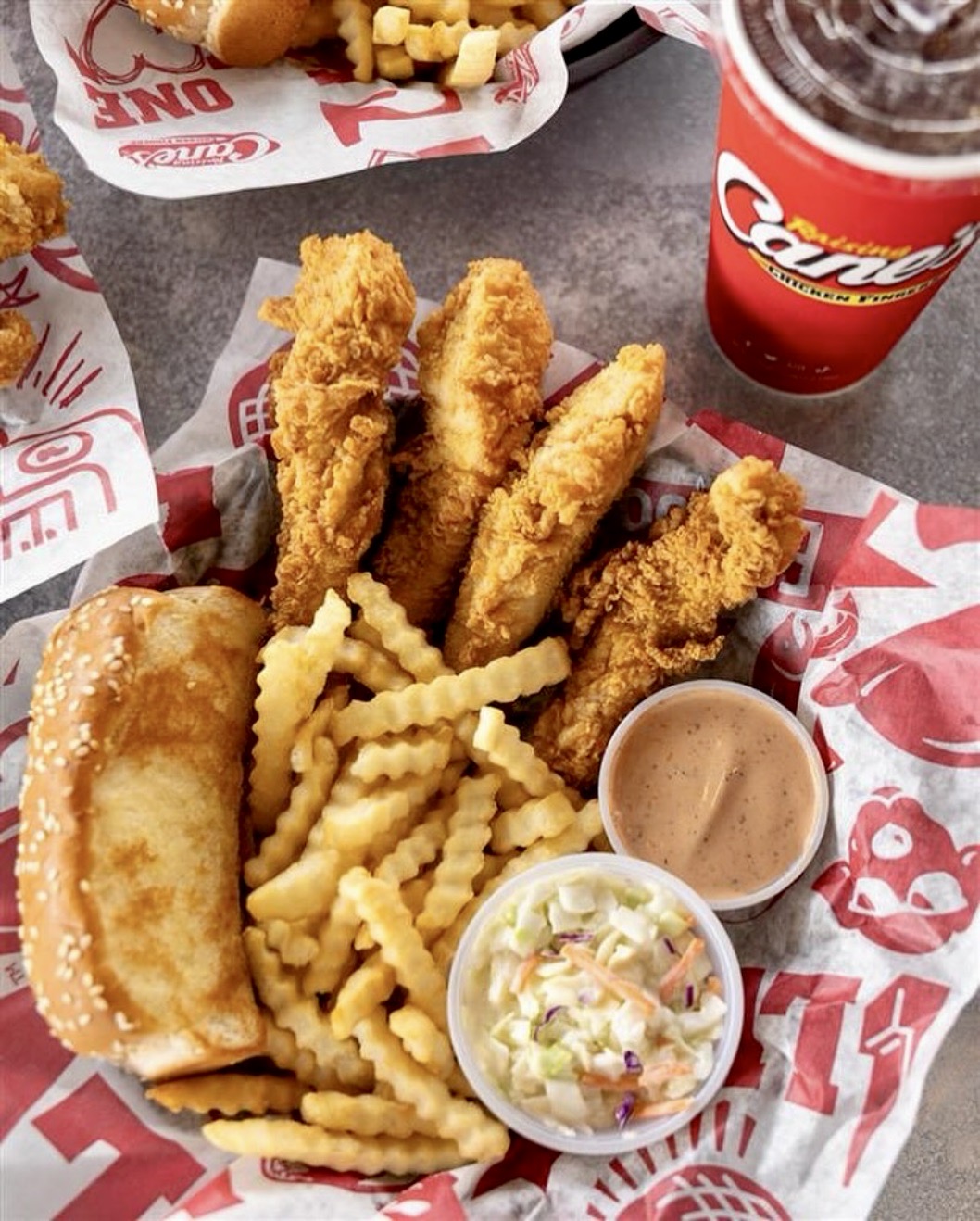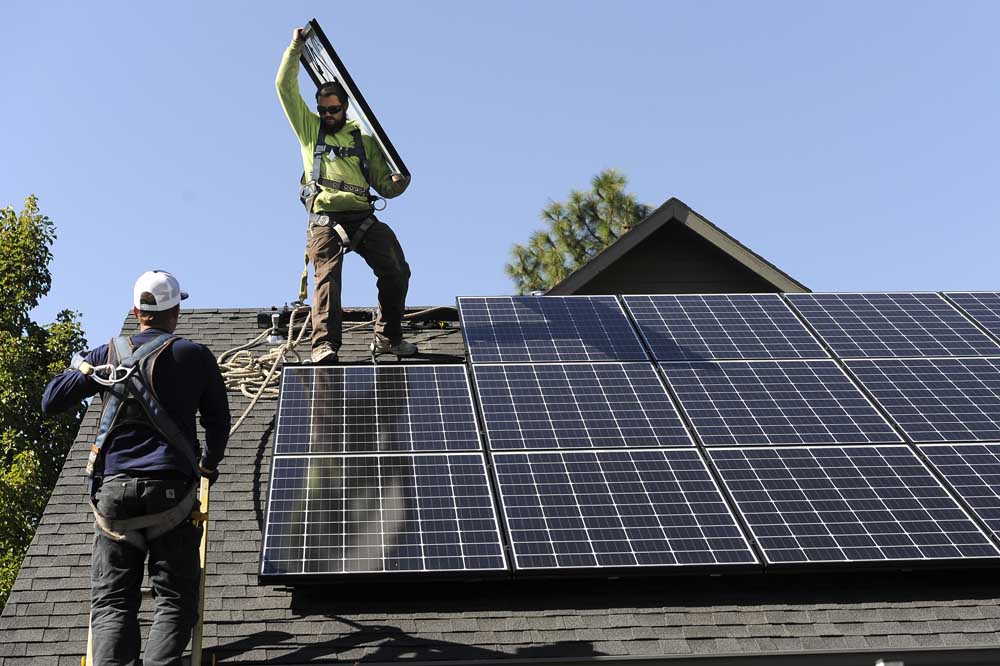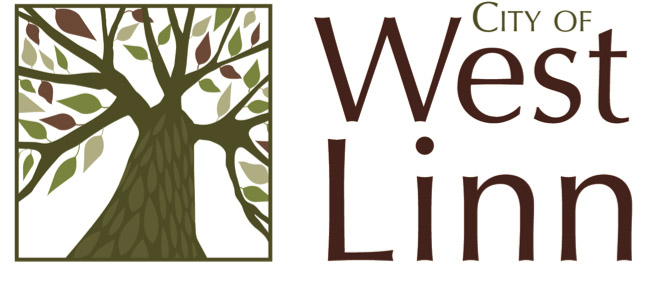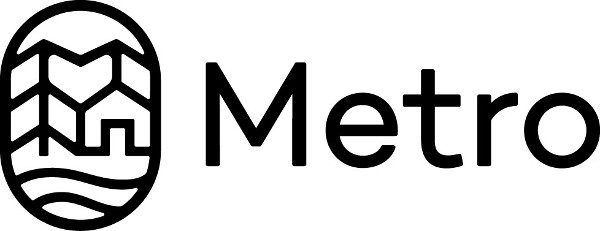MadeHere comes home
Published 12:00 am Friday, July 20, 2018
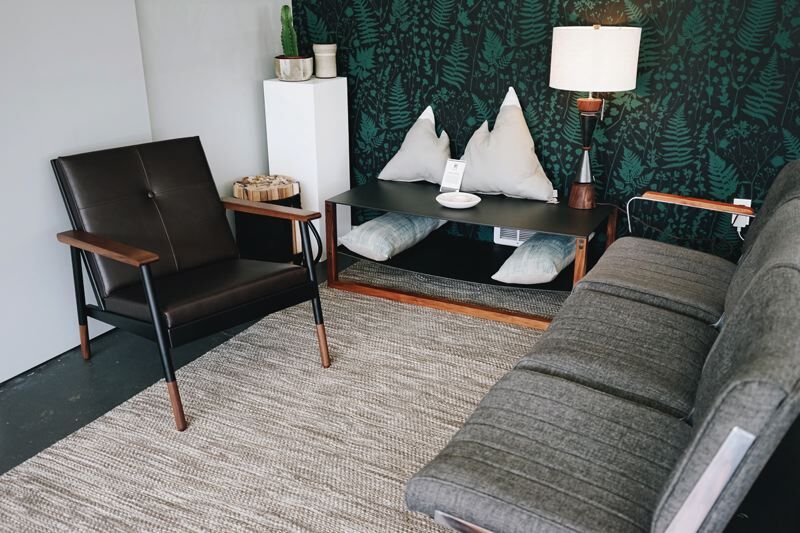
- Furniture made in the Portland region includes a row of seats repurposed from Portland International Airport by PDX Originals.
Portland’s maker community took one more step toward the mainstream last week when MadeHere PDX opened its first homewares store. Everything at MadeHere Home is designed and (mostly) made or assembled in the Portland area.
Trending
The space reads like a high-end boutique furniture store — a sofa for $5,800, a lounge chair for $1,700, a night stand for $1,350. The carpentry is fine and the woods are local, such as ash and white oak. Ceramics include dinner plates that have the imprint of real spider webs in the glaze, and whiskey tumblers that have the bases molded in the shape of Northwest mountains such as Mt. Hood and Mt. Rainier. One set of chairs, called PDX Originals, are departure lounge seating salvaged from PDX airport and reupholstered. Joined in twos and threes with side tables attached, they capture the playful, slightly minimal Atomic Ranch vibe of the store’s goods.
Placards next to each product are neat and informative, telling the story of the brand. When they served s’mores at their opening, they served big, chunky artisanal s’mores from a kit they sell, branded NINETEEN27. For $18.50 you can make four of the treats.
Inlet shopping
Trending
MadeHere Home is the fourth MadeHere PDX store. The flagship is opposite Powell’s Books on Northwest 10th Avenue. There is another, one quarter of its size on North Mississippi Avenue, and what they call a pocket size 200 square foot store inside the downtown Hilton.
What makes the new store different is it integrates into the scene from which MadeHere sprang in 2014, and makes the business model more visible. The owners sublease the space from ADX, a maker space where members share tools, space and
knowhow, whether they are hobbyists who need a workshop or keen entrepreneurs. Founder Kelley Roy started ADX (short for Art Design Portland) in 2011, and has since expanded it to encompass the Portland Apparel Lab (for making clothes) and in the colorfully painted building that run along 9th Avenue, a larger maker space, where Brewcycles are assembled and wooden beer tap handles are made.
MadeHere occupies the space with the tilted windows at the corner of Southeast 10th Avenue and Stark Street that used to be ADX’s gallery.
MadeHere CEO John Connor, who founded the company in 2014, was already familiar with Roy and her maker friends.
“The first time we talked to Kelly was four years ago,” Connor told the Business Tribune on the evening of the store’s debut. “She said ‘Thank God you guys are doing this, I don’t know how to do retail, but the makers are asking for me to do it.'”
It made sense then to rent the space and use it for the larger pieces – beds and couches – as well as other homewares that do not get enough space in the other stores.
Stuff and stories
For Connor, being on the ADX “campus” has other benefits.
“We had this model which has been beneficial for makers and customers. Now there’s a pathway for makers who want to start a business.” For example, a furniture maker can rent a dedicated space in the back of the whole developing a connection to “a retailer that’s friendly and professional to work with,” says Connor, talking about MadeHere Home.
“Then maybe they need a CPA or a consultant for marketing, there’s an ecosystem for people in the building,” he says. They can also access Portland Made, which provides business education tailored to hands-on makers.
“We have a close relationship with Portland Made. It supports makers with a lot of information, and training, to help people learn about business.”
A snow sports and outdoorsman, Connor encapsulates the appeal of MadeHere wares by comparing it to buying new skis.
“Everyone wants to have stuff, but an increasing number of people want higher quality, they want it to last longer, to have character. Outdoors people, as soon as you’ve made that first run on new pair skis, you’ve made that story. For everyone else it’s different.”
What a certain modern consumer wants, and is prepared to pay for, is a story attached to the object. “It’s compelling to buy something and be able to meet the maker, the person who made that chair, that wallet, that coffee maker…For someone buying a consumer product they may have for 20 years, it’s compelling to have an understanding of where that design came from, where the inspiration came from, who the maker is.”
He adds, “You want to be able to tell your friends and family when they come over, ‘Hey I bought this couch from…’ and tell a story.”
For the last two years, Connor and his team have been approached on average once a day by makers wanting their goods carried in one of his stores. They have 250 vendors and over 4,000 SKUs or different products.
He and his leadership team choose vendors carefully.
“A lot of times it’s face-to-face meeting, bring samples to my five-person leadership team.
“We talk to them about how set they are to support the retailer, it becomes a problem if we can’t get more. They have to be able to scale. And we ask very direct questions about where it’s made. We’re hard about that, we need for there to be some significant part of the manufacturing to take place in Portland.”
We mean it
It may be hard to believe but the octagonal cast iron pans by Finex are cast in Hillsboro, and so are the blown glass objects on the shelves.
“We really mean what we say when we say Made Here.” He doesn’t have a percentage or a computer algorithm, just a common sense approach to the object.
“For us it’s more of a conversation. Tell us about your process.”
If a table’s steel legs were imported from China, he hopes the craftsperson designed, cut and treated the table top right here.
“‘I weld, powder coat, source the wood, mill it, sand and finish it…’ That to me is more compelling, not only for me as a retailer but as a customer. That’s the type of story people respond to.” He pulls out his pocket knife — a James, which they used to sell but don’t now — and his wallet, an Orox card holder.
“People love being able to handle this.”
But he also likes things being made locally because of the economic benefit to the region. Taxes get paid, and people get paid.
“I like it when potholes get filled, I like it when teachers and cops get paid, and firefighters, the stuff we take for granted but it’s what makes the country run. The economic impact of local business is what directs funding to local agencies. When you buy from a local retailer up to four times as much money stays in the economy. I think it’s going to be many times more than four when the retailer and the goods for sale are also made locally. But nobody’s studied it.”
Emma Langenhuysen, director of operations for Made Here PDX (and also a seamstress), echoes his thinking.
“Our main focus it is to highlight our local maker scene and bring money back into this economy. It’s easy to go online and order a chair not knowing what it looks like or and not knowing who made it. We really feel strongly you’re going to pay for quality, and an item that’s going to become part of your life story.”
Langenhuysen’s colleague Bri Alberts says she spends a lot of time on Instagram looking for products. “I look at hashtags like #Portlandmade, #madeinPortland, #Portlandfurniture. I follow a lot of interior designers, and I do a lot of shopping locally,” she says.
Web too
They just relaunched their website, madeherepdx.com, to make it more user friendly. They can ship from any store. Most inventory is held at the Pearl store, because it is big. But many furniture items are made to order.
“We can see we get sales all over country, and some international: Japan, Canada and Australia,” says Langenhuysen. “We ship a lot to California, New York and Florida.”
They have done a lot of corporate gift bag sales, as well as having customers say ‘I need ten gifts for family this holiday seasons…’ and staff take care of it.
Connor says other cities have their own maker communities and storied new brands, but there aren’t many retailers like MadeHere. He thinks the model could be exported to places like Seattle.
Connor goes back to the economic development aspect of what he does, and why teaming with ADX is important.
“If your business takes off, pretty soon you need your own space. One of the most
intimidating things about starting a business is taking on a lease. You have to pay first and last, that’s a big
commitment.” He says Kelly Roy manages the master lease and brings in companies whose wares they both
hope will one day appear in MadeHere stores.
“Products are being made on the other side of this wall,” he says, nodding to the back of the store. “And we have an active conversation with the makers.”
Joseph GallivanReporter, The Business Tribune971-204-7874


